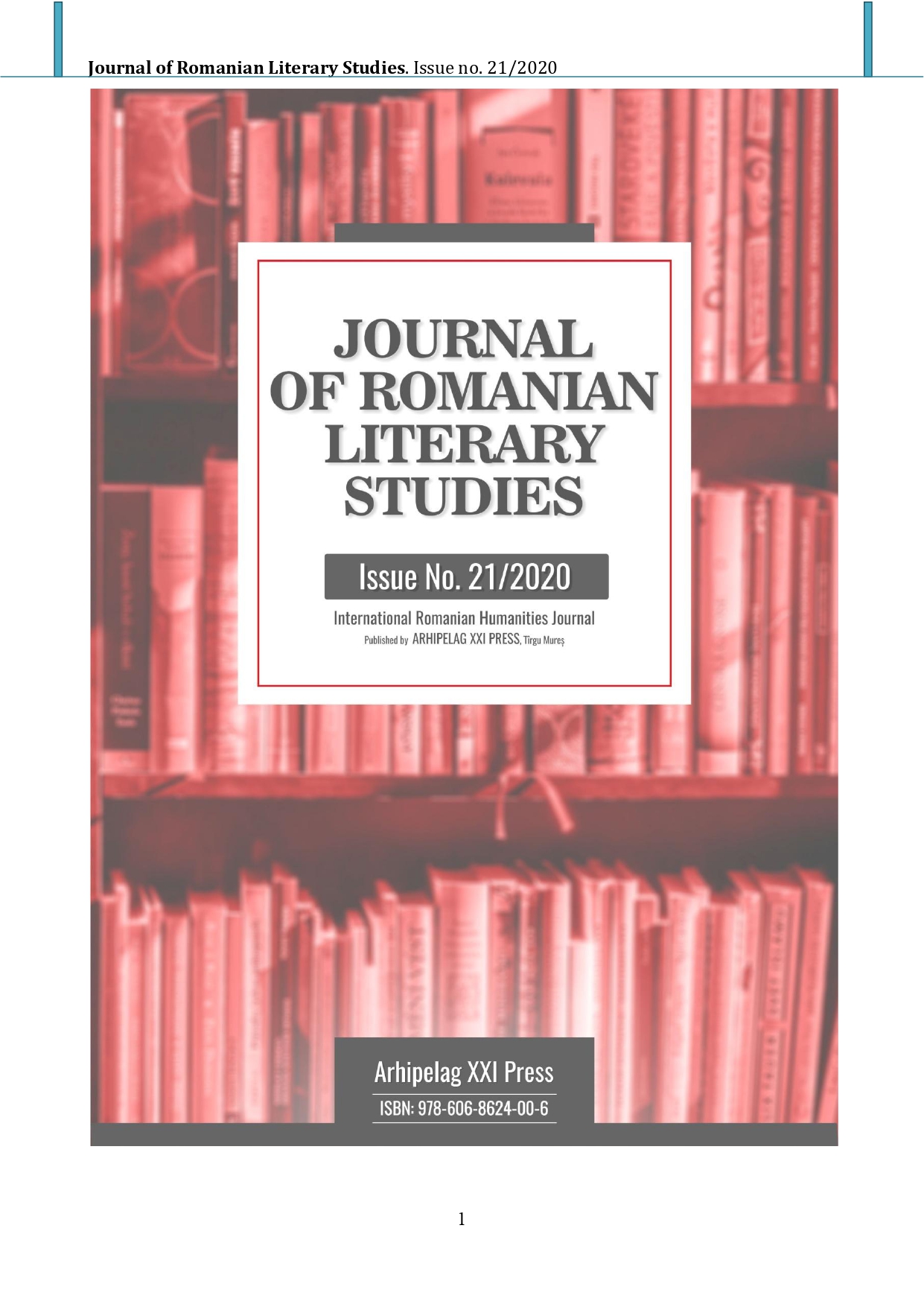MONSTER, GOTHIC AND THE BEGINNING OF CAPITALISM
MONSTER, GOTHIC AND THE BEGINNING OF CAPITALISM
Author(s): Alexandru IonașcuSubject(s): Literary Texts, Studies of Literature, Philology, Theory of Literature
Published by: Editura Arhipelag XXI
Keywords: Gothic writing; images of revolt; mad scientist; traditional society; bourgeois public;
Summary/Abstract: This study points out how literary aesthetics like Gothic writing evolved in its relationship with bourgeois politics and the family unit as an ideological theatre where revolutionary history and its various conservative rewritings aimed at a moralistic warning, in a sense, a defanging of Romantic images of revolt. In popular culture, Frankentein, Mary Shelley’s 1818 novel, is usually regarded as a cautionary tale against the dangers posed by technology in a hands of a narcissistic mad scientist isolated from his family and whose creation threatens the society at large, however, if we are to observe Slavoj Žižek’s reading, the novel is a picture of the dawning of modernity and how individuals escape the shackles of traditional society to become free actors able to bend societal rules or even to revolt against them, while its author is trying to grapple with the aftermath of the French Revolution, when public opinion viewed Mary Shelley and her family as dangerous radicals who proliferate ideas that threaten the established order. This fear of implicit revolt has softened the novel into a general text that works as children’s literature and also as an introduction into the study of English literature, by means of robbing the monster of his voice, thus stifling his biography and his reasons for revolting against his creator and the outside world symbolized by the body parts stitched in his peculiar anatomy. Although Gothic fiction breaks social and aesthetic conventions, it has a shape-shifting characteristic that enabled a bourgeois public to portrait this fiction as a warning against corrupting influences like superstition and evil aristocrats, therefore society needed to be restored in the aftermath of a Gothic scenario.
Journal: Journal of Romanian Literary Studies
- Issue Year: 2020
- Issue No: 21
- Page Range: 482-486
- Page Count: 5
- Language: Romanian

